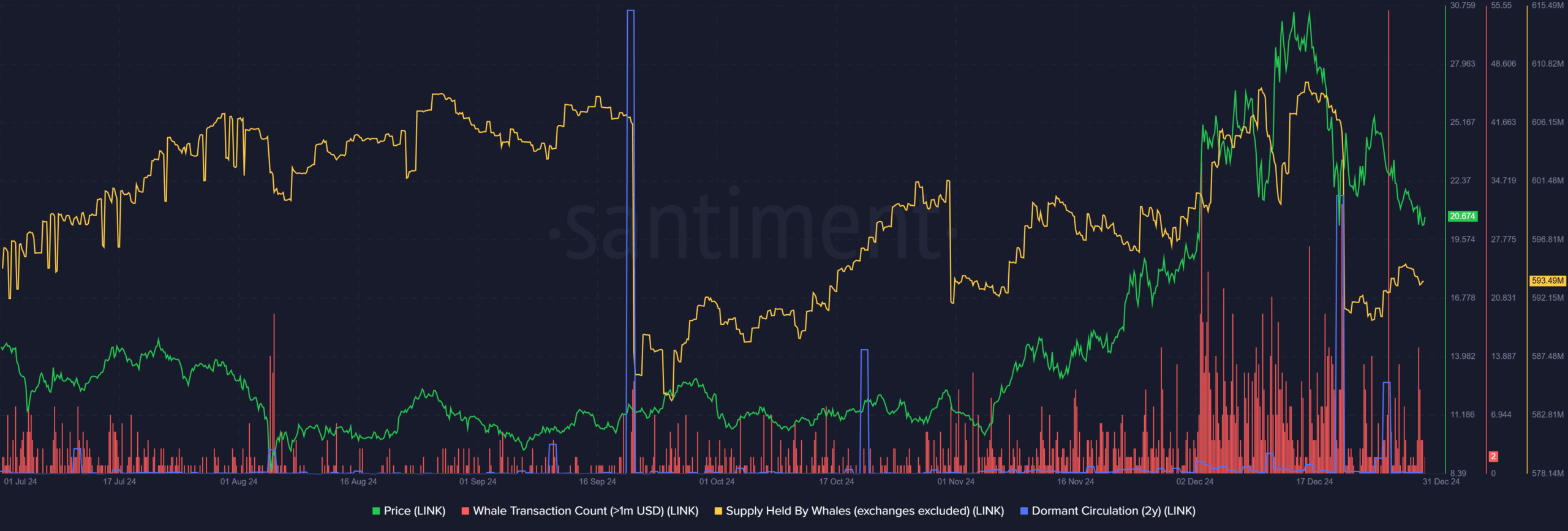Maths underpins most science, but how often do we give pure mathematics the attention it deserves?
Here’s 5 of our favourite maths-focussed stories from 2024.
Behind the door – subtracting the myths out of maths
These days, a mathematician at the University of Melbourne can use a laptop to predict weather 12 weeks in advance. In fact, Associate Professor Guoqi Qian, who reckons he’ll soon be able to predict rainfall a year ahead of time, makes a point of avoiding energy-hungry supercomputers.
“It still produces the same results using a smaller computer,” Qian told our intern-turned science journalist Velentina Boulter. She spoke to him while she was loitering in the University of Melbourne’s maths department, aiming to find out what these mysterious academics get up to.
Read more.
Making mathematics count!
Mathematics took Professor Yihong Du from post-Cultural Revolution China to Australia, cracking open the mysteries surrounding population dynamics.
“If we want to make good use of mathematical theory, we usually have to take options which are not very real,” he writes.
“If you are too realistic, your theories become too complicated. If it’s too complicated, many of the beautiful, deep mathematical theories have no way of being applied.”
Read more.
Largest known prime number discovered by amateur mathematician
A number with more than 40 million digits has been discovered to be the largest known prime number by a network of amateurs.
The number is 2136279841-1. It has 41,024,320 digits. It was found by 36-year-old researcher and former NVIDIA employee Luke Durant on 12 October. The number was tested on other computers using different programs and confirmed prime on 19 October.
Read more.
Finnegans Wake: mathematicians find method in the madness
The famously difficult-to-read Finnegans Wake is a mathematical outlier, according to a study.
The researchers found that James Joyce’s stream-of-consciousness writing breaks punctuation rules that are generally rigid in European-language literature.
But they also found that Finnegans Wake has a punctuation pattern all of its own.
Read more.
Mathematics to help understand flows on unique mound springs
The Great Artesian Basin’s unique mound springs, an environmental asset of international significance, with historic and ongoing cultural and economic value, are in danger.
A new mathematical model might help by looking at the effects of reduced water extraction on the mounds.
Read more.








Leave a Comment